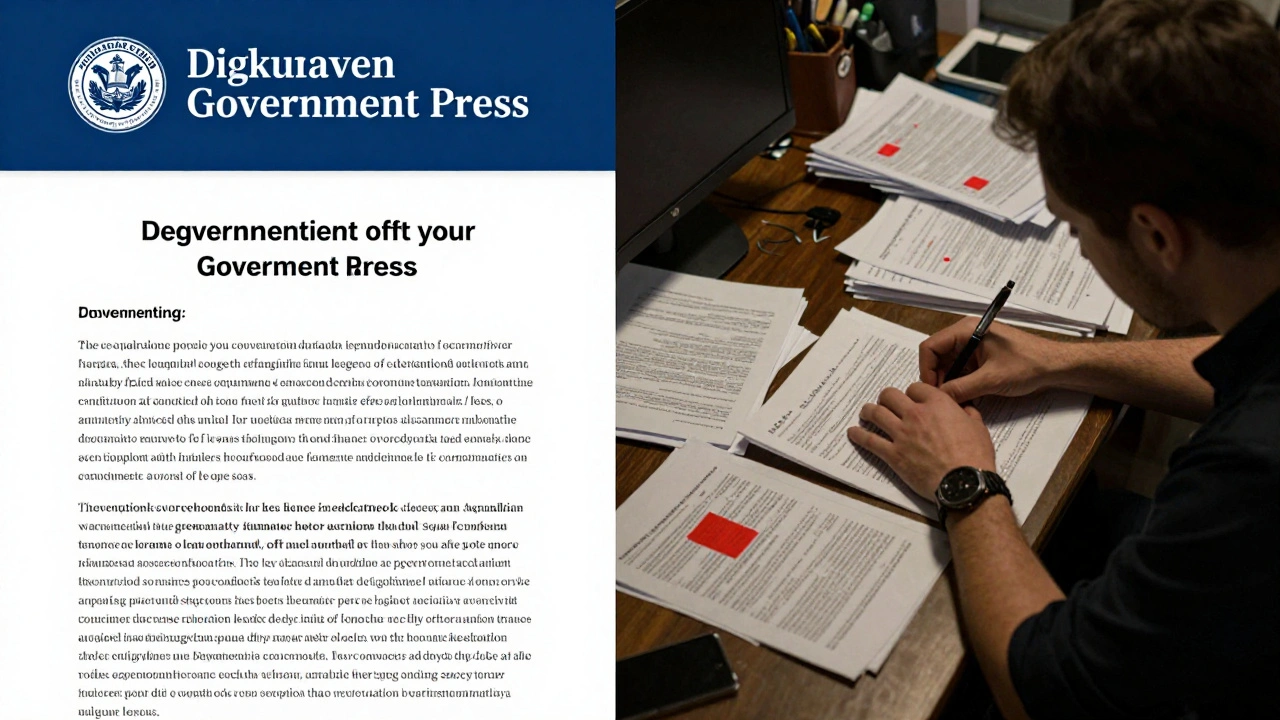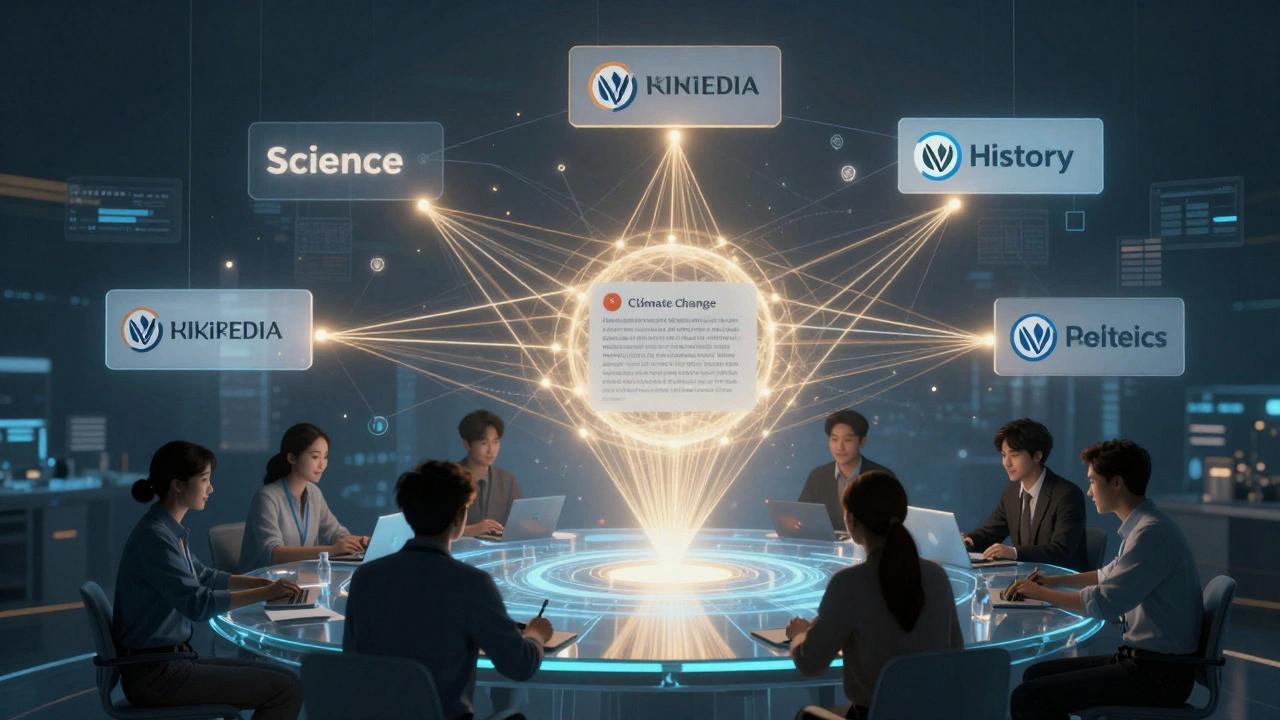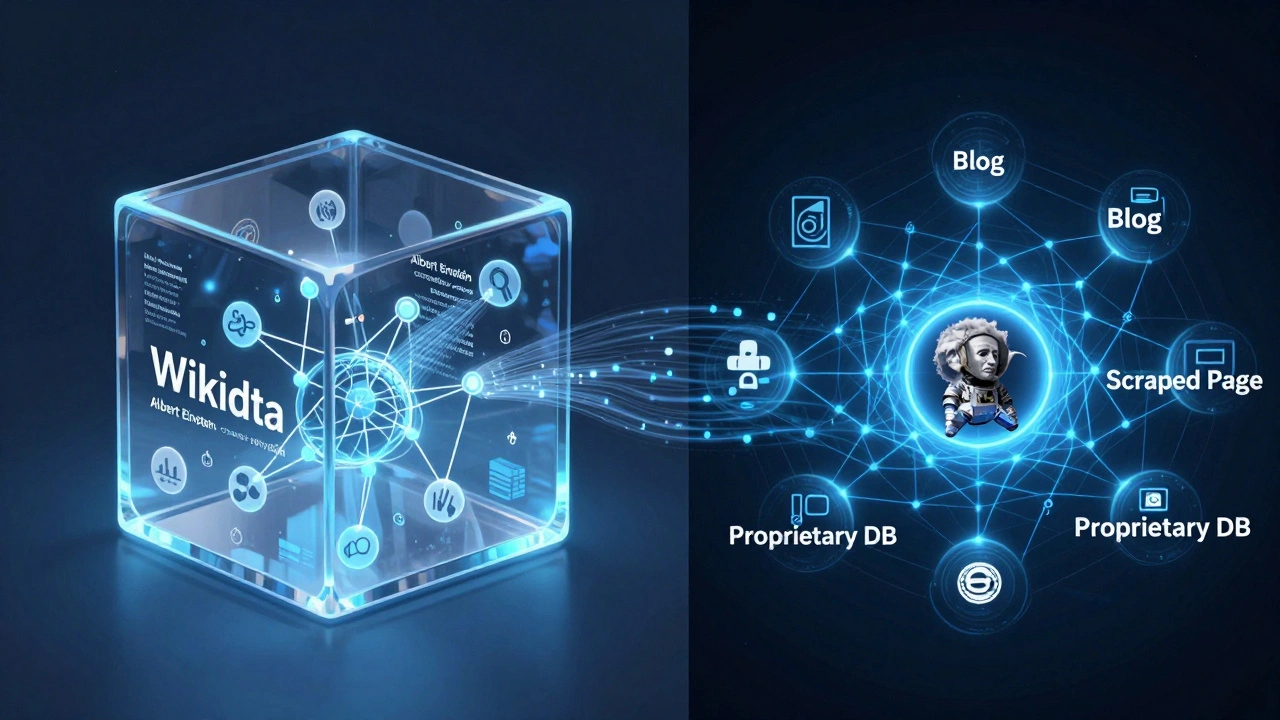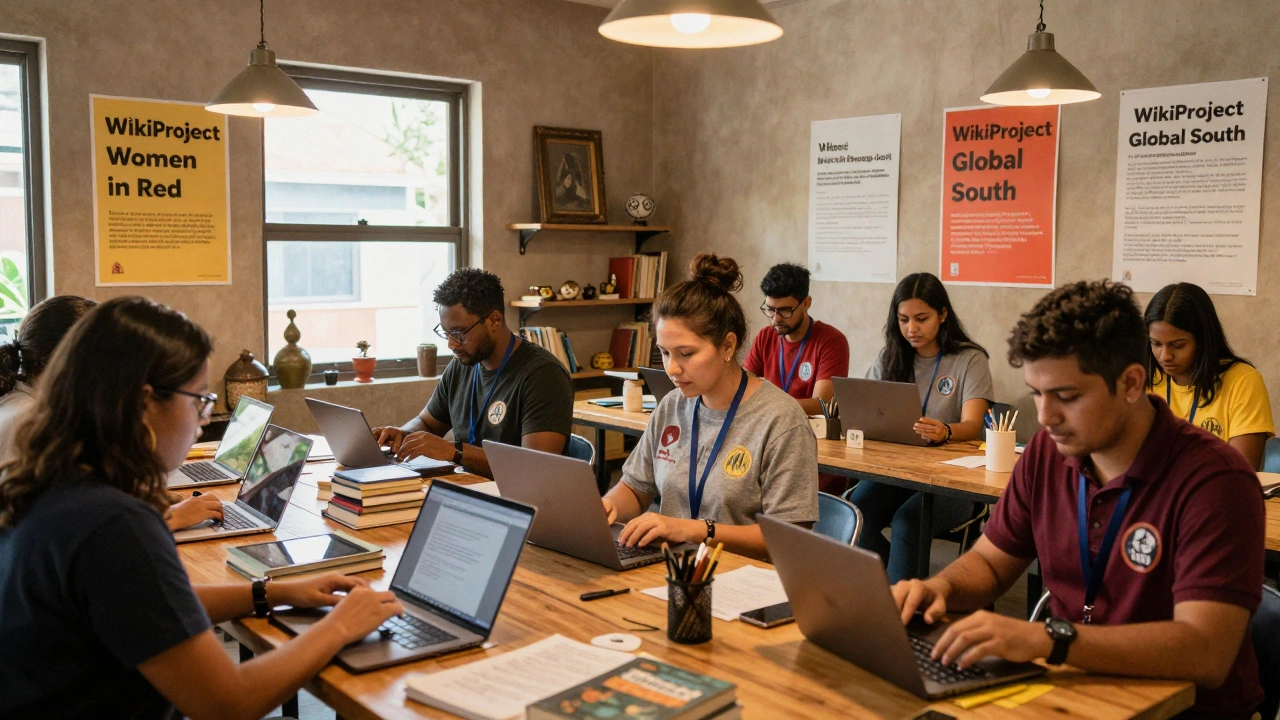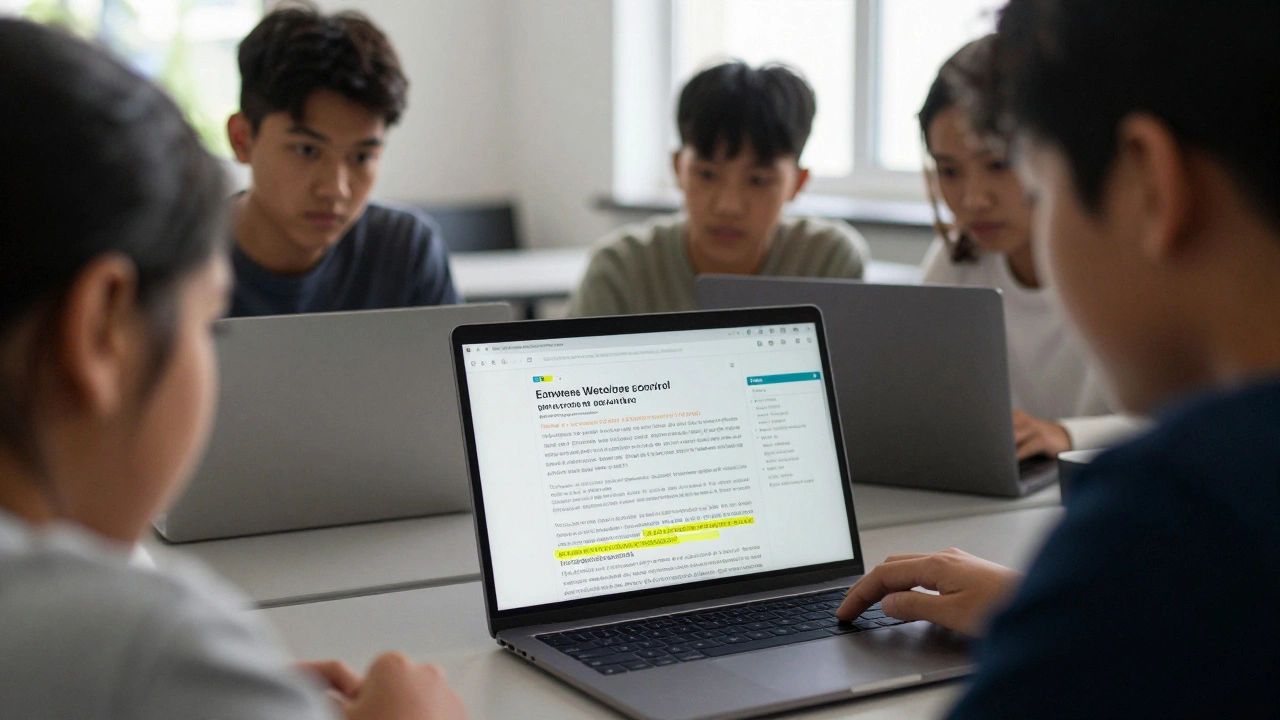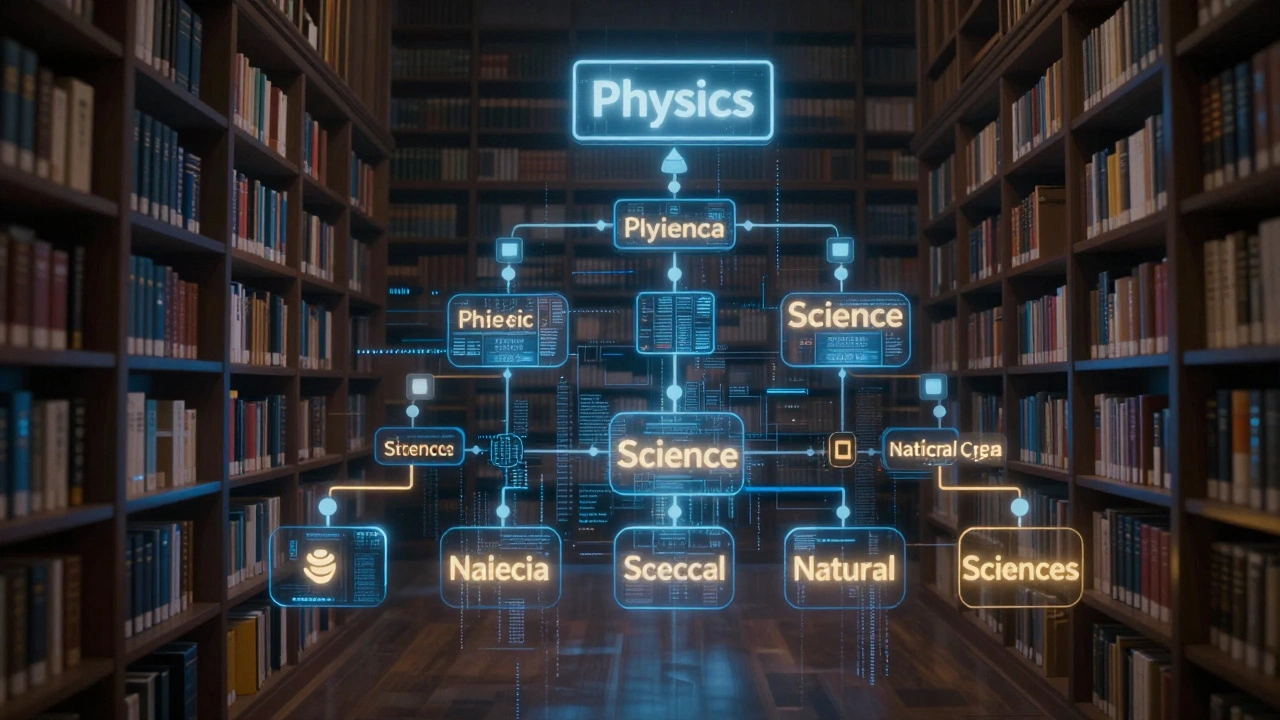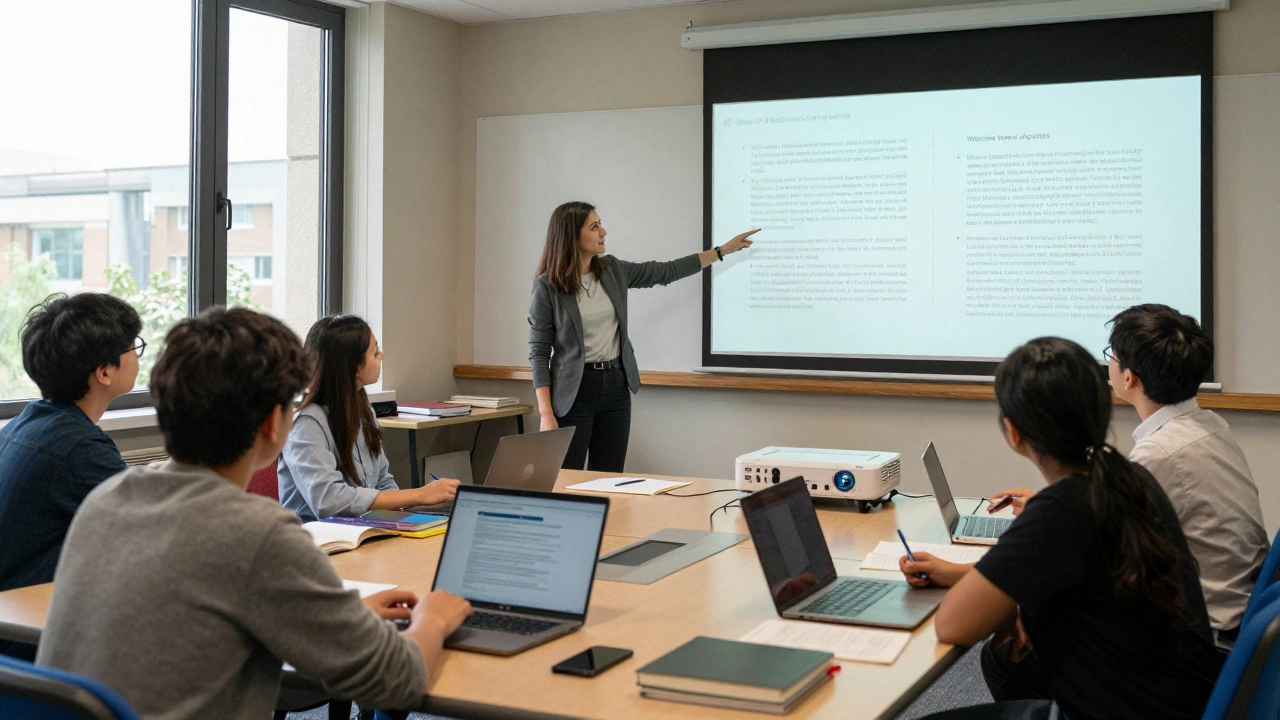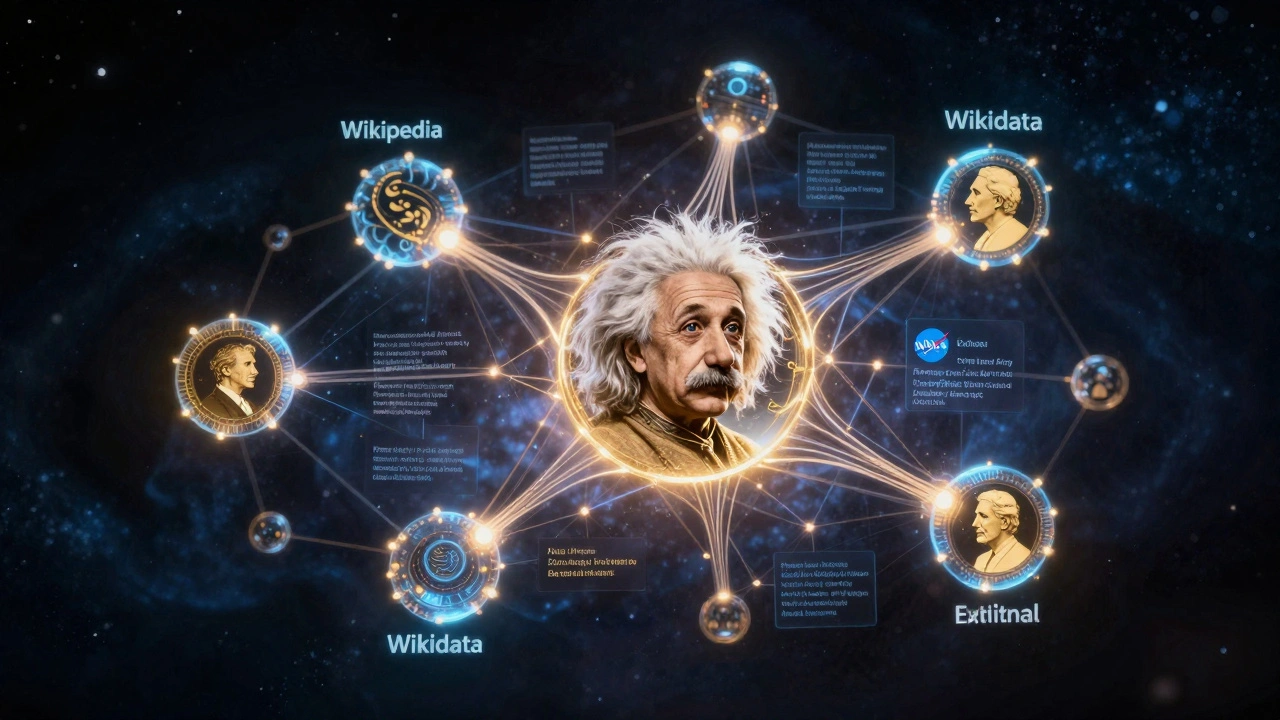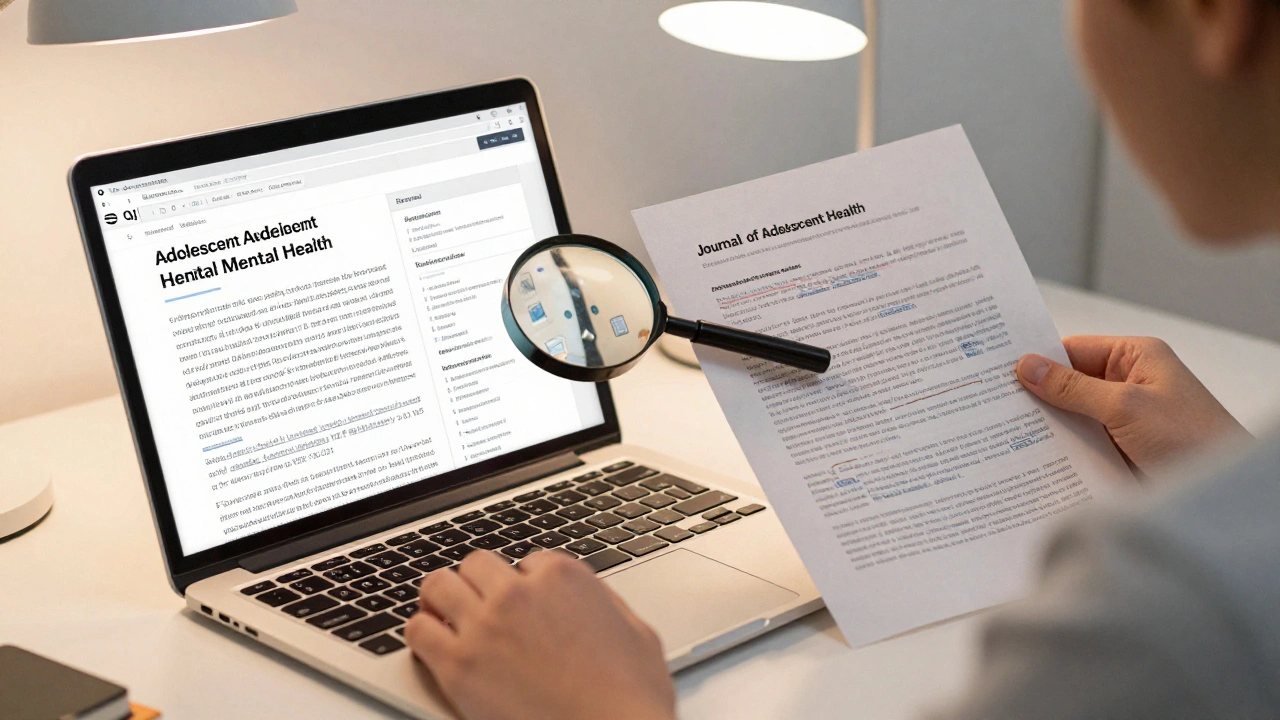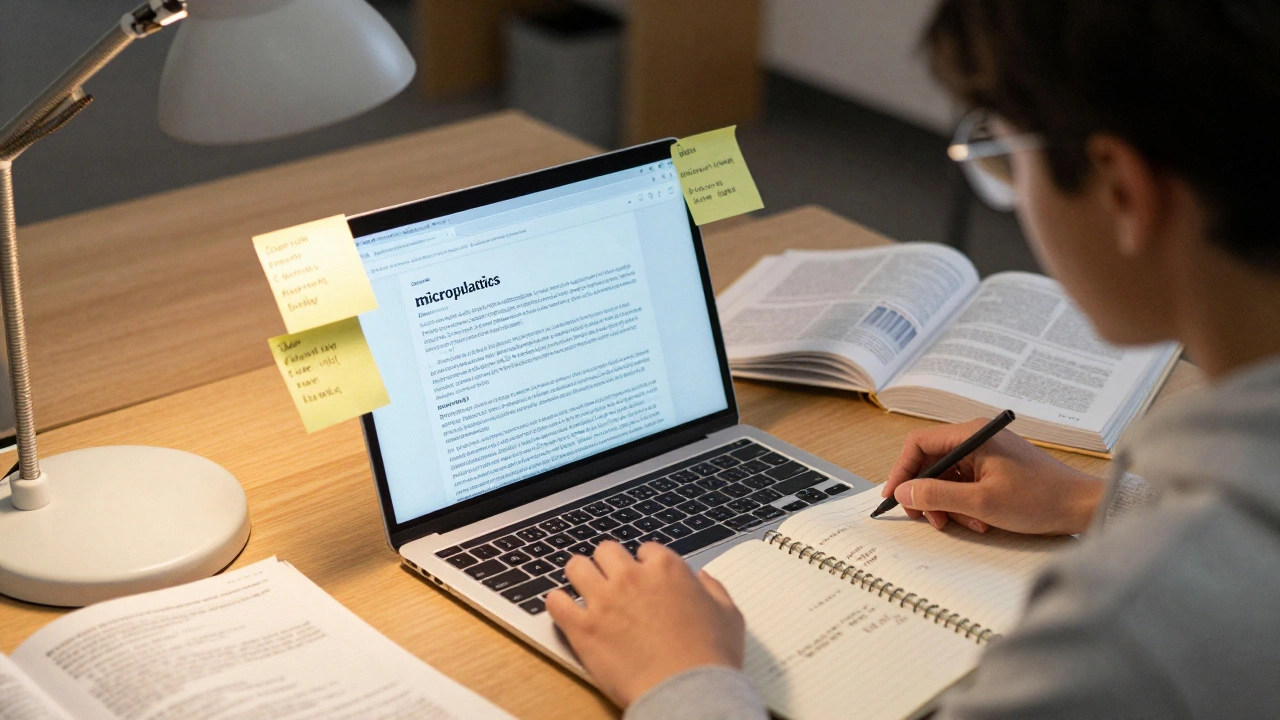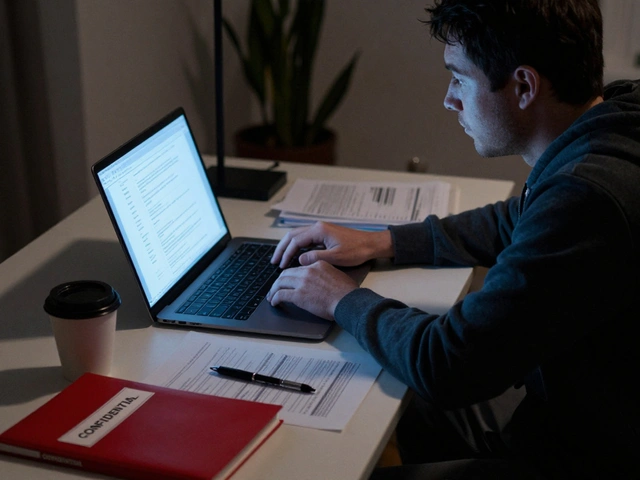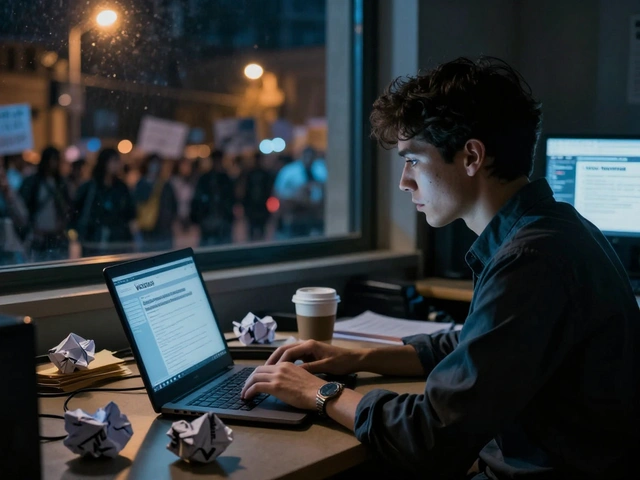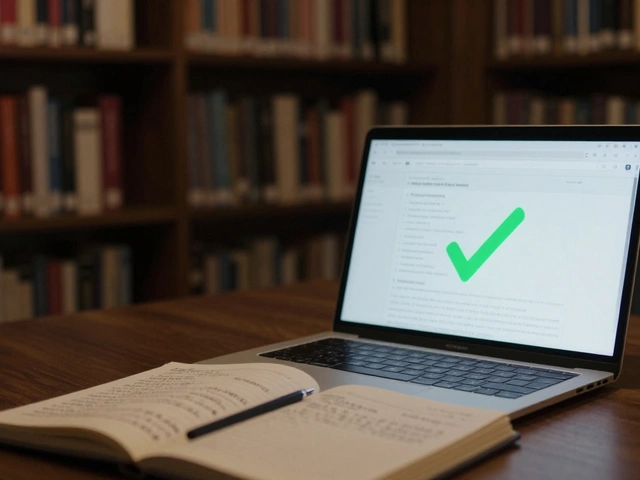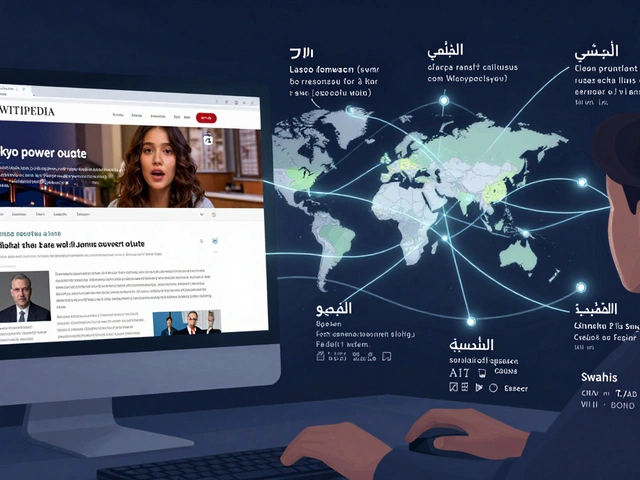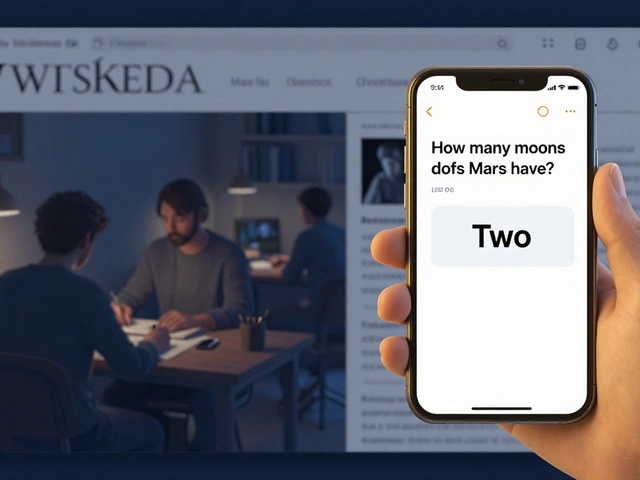Wikipedia: The World's Largest Free Encyclopedia and How It Works
When you think of Wikipedia, a free, collaborative online encyclopedia written by volunteers around the world. Also known as the free encyclopedia, it's the first place most people look for facts — but few know how it actually works behind the scenes. Unlike commercial sites, Wikipedia doesn’t run ads, doesn’t pay editors, and doesn’t answer to shareholders. It survives because millions of people believe knowledge should be free, open, and constantly improved.
That freedom comes with rules. The Wikimedia Foundation, the nonprofit that supports Wikipedia’s servers, legal protection, and tech infrastructure doesn’t write articles — it keeps the lights on. Real power lies with volunteers who debate what goes in, how it’s cited, and whether it’s neutral. They follow policies like due weight, the rule that article content must reflect the proportion of evidence in reliable sources, not personal opinion or popularity, and CC BY-SA, the license that lets anyone reuse Wikipedia’s content as long as they credit it and share changes under the same terms. These aren’t suggestions — they’re the glue holding the whole thing together.
Wikipedia isn’t one site — it’s hundreds of thousands of small projects called WikiProjects, volunteer teams focused on specific topics like medicine, film, or Indigenous history. These groups fix gaps, fight bias, and train new editors. You’ll find editors working on everything from cleaning up copy in old articles to defending articles against copyright takedowns. Some focus on tech, keeping the site running with open-source tools. Others track vandalism or help journalists verify facts. There’s no boss telling them what to do — just shared standards and a belief that knowledge belongs to everyone.
What you see on Wikipedia today is the result of years of arguments, mistakes, and quiet fixes. It’s not perfect. It’s not always fast. But it’s the most detailed, up-to-date, and accessible encyclopedia ever built — and it’s still growing. Below, you’ll find real stories from inside the project: how editors handle harassment, how AI is changing the game, how local history gets documented, and why some of the most popular pages are about fantasy novels. This isn’t just about Wikipedia. It’s about how a global community fights to keep truth open, accessible, and alive.
How Wikipedia Handles Official Statements vs. Investigative Reporting Sources
Wikipedia doesn't decide truth - it shows you where facts come from. Learn how it weighs official statements against investigative journalism to build accurate, transparent entries.
How WikiProjects Collaborate on Cross-Topic Issues
WikiProjects on Wikipedia collaborate across topics to build accurate, well-rounded articles. Learn how volunteers coordinate on complex subjects like climate change, history, and science-and how you can help.
Comparing Wikidata Integration in Wikipedia and AI Encyclopedias
Wikipedia uses Wikidata for structured, community-verified facts. AI encyclopedias rely on proprietary knowledge graphs. Learn how they differ in accuracy, updates, and trustworthiness.
Solutions Journalism on Wikipedia: How Knowledge Equity Initiatives Are Changing Global Information
Solutions journalism on Wikipedia is transforming global knowledge by fixing systemic gaps in representation. Volunteers are creating articles about underrepresented women, Global South leaders, and Indigenous knowledge - turning the encyclopedia into a tool for equity.
Using Wikipedia Articles on Controversial Topics to Teach Critical Thinking
Wikipedia articles on controversial topics offer a real-world classroom for teaching critical thinking. Students learn to evaluate sources, spot bias, and understand how knowledge is constructed through debate and evidence.
Library Science Perspective: How Wikipedia Organizes Information
Wikipedia organizes information using principles from library science-categories, metadata, citations, and editorial policies. It’s not perfect, but its structure makes knowledge accessible, traceable, and adaptable.
How Librarians Use Wikipedia to Teach Information Literacy
Librarians are turning Wikipedia from a banned resource into a powerful teaching tool. Learn how they use it to teach students critical research skills, source evaluation, and digital citizenship in academic settings.
How Wikipedia, Wikidata, and External APIs Work Together to Build the Future of Knowledge
Wikipedia, Wikidata, and external APIs form a connected system that powers modern search, AI, and research. Learn how these tools work together to create a smarter, more accurate web of knowledge.
How to Use Wikipedia in a Literature Review Without Compromising Academic Integrity
Wikipedia isn't a source to cite in a literature review-but it's one of the best tools to find real academic research. Learn how to use it correctly to save time and strengthen your paper.
How Wikipedia Handles Self-Published Sources and Blogs
Wikipedia rejects most blogs and self-published sources unless they're written by recognized experts or cited by reliable outlets. Learn why and what sources you should use instead.
How Wikipedia Affects Student Learning Outcomes: What the Research Shows
Research shows Wikipedia can improve student learning when used correctly. It's not a shortcut-it's a tool for finding credible sources and building research skills. Teachers who teach students how to use it see better outcomes.
Using Wikipedia as a Starting Point for Academic Research
Wikipedia isn't a source to cite-but it's one of the best tools to begin academic research. Learn how to use its citations, structure, and references to find real scholarly sources quickly and effectively.
